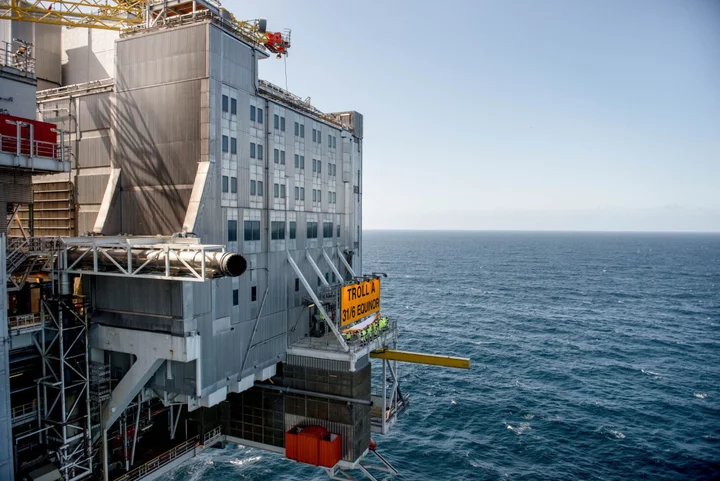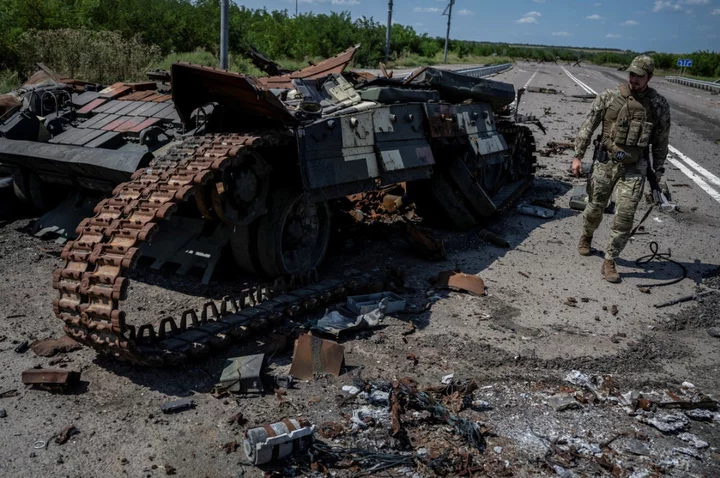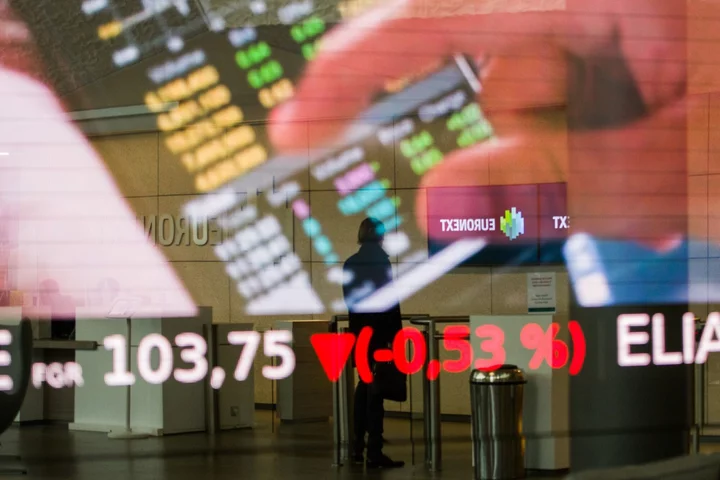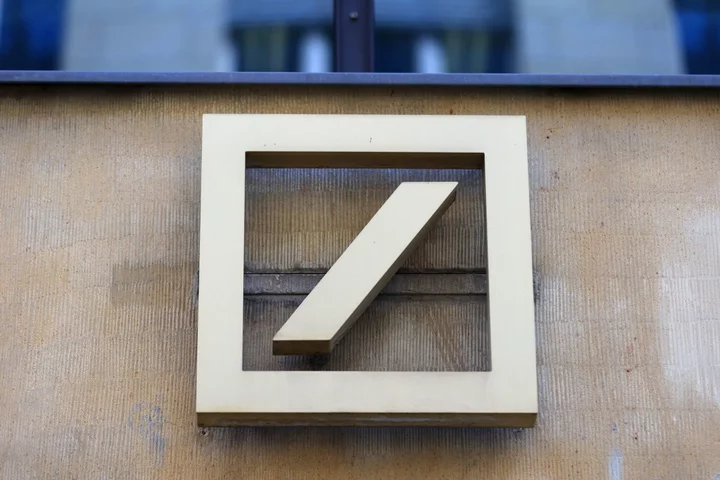European natural gas advanced as traders weighed potential upticks in demand against recovering supplies from Norway.
Benchmark Dutch futures erased an earlier drop of as much as 6.2%. Searing temperatures in parts of the region and global competition for liquefied natural gas continue to provide upward pressure — even as flows from Norway, Europe’s top supplier, return to levels last seen in April.
More seasonal works are scheduled in the Nordic country next month, and the market will be monitoring closely the maintenance schedule after unplanned delays already caused intense volatility in June. The recent price gains could be “attributed to the ongoing nervousness of the market,” analysts at Engie SA’s EnergyScan said in a daily note.
LNG traders are also watching the supply situation in the Pacific Basin as major Australian export plants prepare to cut output amid maintenance. Tightening global supply also impacts Europe as LNG is vital for the region after severe cuts in pipeline shipments from Russia last year.
Dutch front-month gas, Europe’s benchmark, traded 2.3% higher at €27.57 a megawatt-hour by 4:37 p.m. in Amsterdam. The UK equivalent futures added 2.6%, while British day-ahead prices also gained amid weak wind generation.
German power followed gas higher, with the contract for August rising 1.1% to €84.19 per megawatt-hour. Coal and carbon prices also advanced.
Still, ample fuel stockpiles and relatively muted industrial demand are providing a sense of energy security. Overall sentiment is still bearish, analysts at Energi Danmark said in a note. “The market is very well-supplied and does not need to save gas right now to achieve the goal of filled storages ahead of the upcoming winter,” they said.
Adding to signs of bearishness, net-short positions by investment funds in Dutch gas last week increased for the first time in more than a month, according to data published Wednesday by the market operator, Intercontinental Exchange Inc. Net-shorts reached a year-to-date high in early June, but many investors later closed their positions after outages in Norway fueled sharp price spikes following months of relative calm.
--With assistance from Todd Gillespie.









